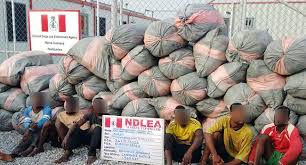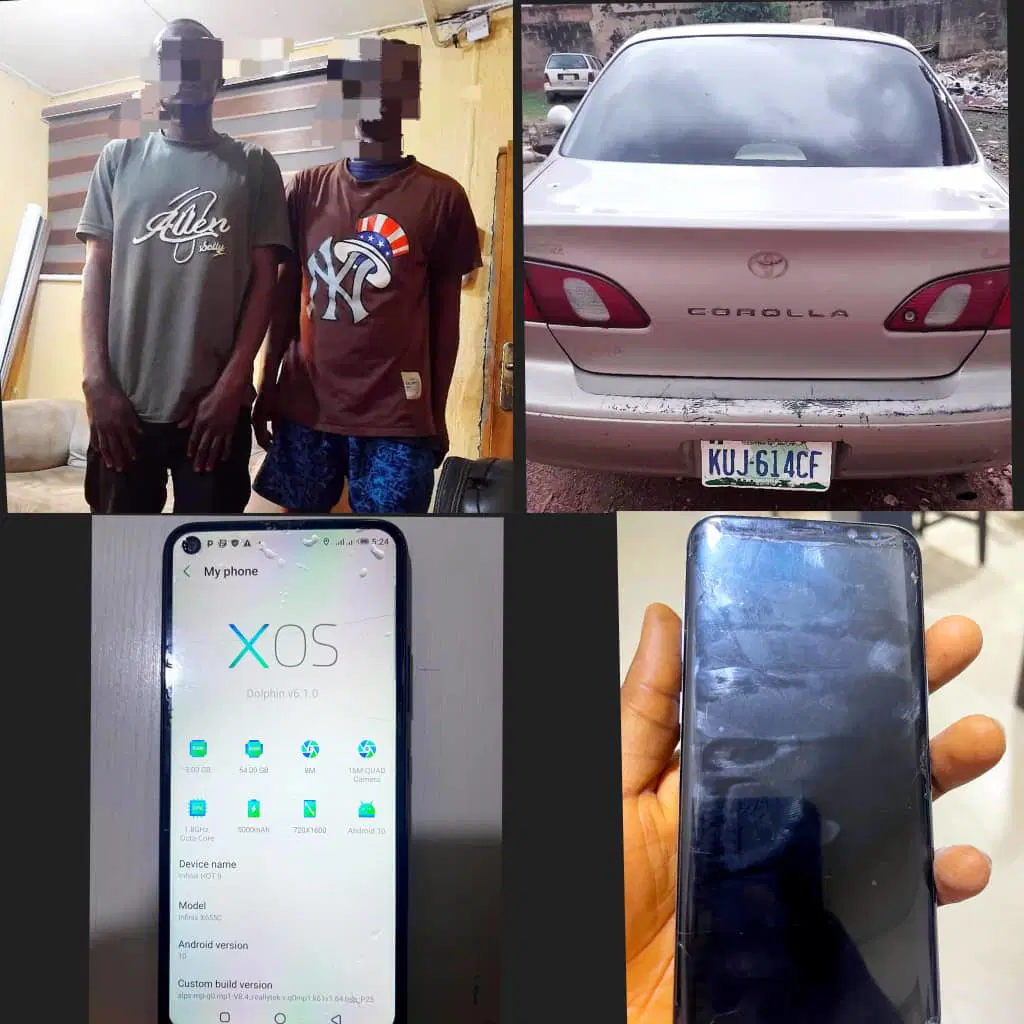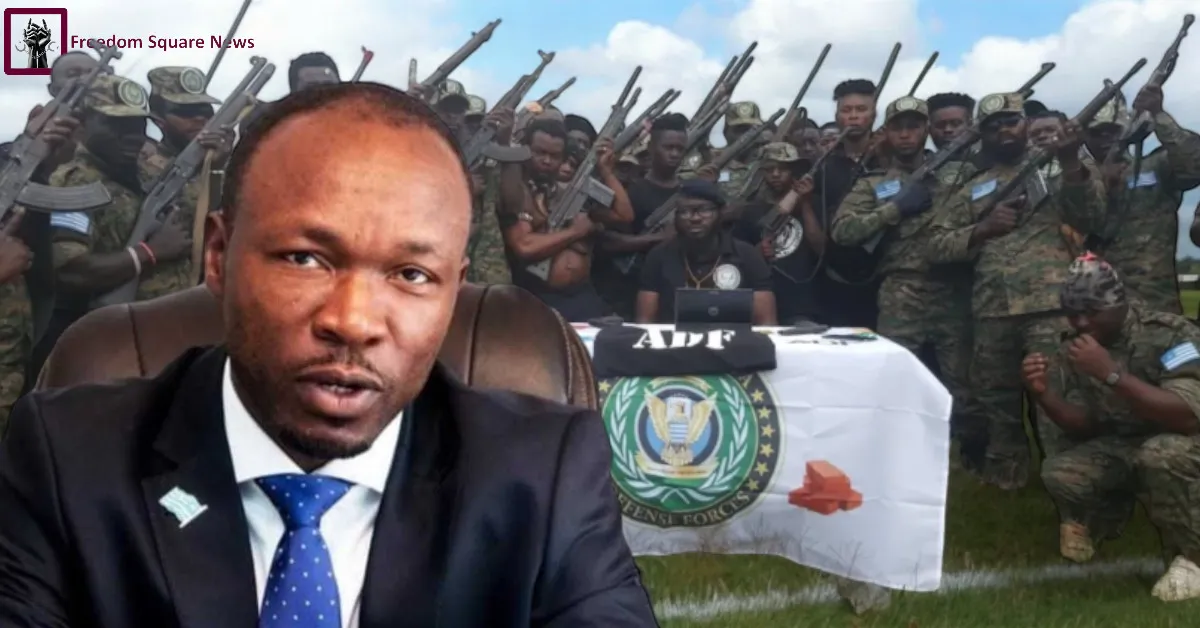The Nigerian Financial Intelligence Unit (NFIU) has raised concerns about the utilization of crowd-funding, betting platforms, and online transfers by terror organizations to finance their activities.
In a recent newsletter issued by the NFIU’s Counter-Financing of Terrorism Department, specific instances were highlighted, shedding light on the flow of funds to groups like the Indigenous People of Biafra (IPOB).
The newsletter underscored IPOB’s financial structure, which includes monthly dues and services for the Eastern Security Network (ESN). Additionally, the NFIU revealed that IPOB has affiliates spanning 22 countries, with at least 27 entities registered under the group’s name. Notably, seven registrations were made in the United States and six in the United Kingdom.
According to the NFIU, IPOB raised over $160,000 through crowd-funding, which was subsequently directed to transmission, media, and broadcasting companies in Bulgaria, South Africa, and the UK. The newsletter further disclosed that addresses and mobile numbers of affiliate leaders, along with information on 53 individuals associated with IPOB, have been forwarded to law enforcement agencies for further investigation.
In a concerning revelation, the NFIU highlighted a case involving a 24-year-old Nigerian from the North-central region who received ransom money for a kidnapping via a betting platform named ‘XC.’ The individual reportedly accumulated over N350,000 in his betting wallet, prompting the betting platform to file a Suspicious Transaction Report (STR).
Furthermore, the NFIU detailed a case where a terrorist attempted to evade detection by making structured cash withdrawals from various ATMs and purchasing flight tickets to high-risk areas using credit cards. The individual resorted to alternative travel methods whenever withdrawal limits were exceeded. Suspicious transfers exceeding €1,000 to a local charity with potential links to terrorism, along with transactions for luxury goods and escort services, raised red flags.
In light of these findings, the NFIU urged law enforcement agencies to investigate transactions associated with known terrorists or financiers, unauthorized tax collection or forced donations in terrorism-prone areas, and Bureau de Change operators facilitating transfers within suspected networks. This proactive approach seeks to disrupt the flow of funds to terrorist organizations and enhance national security measures.




